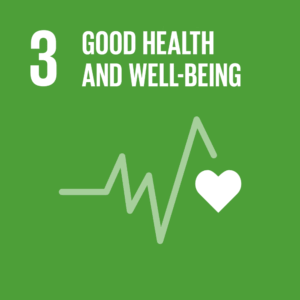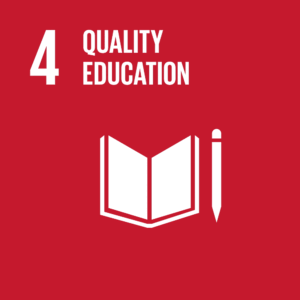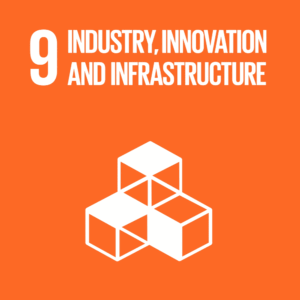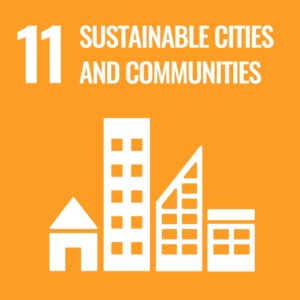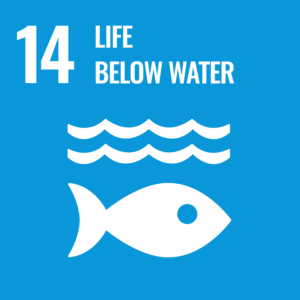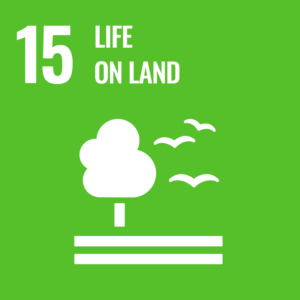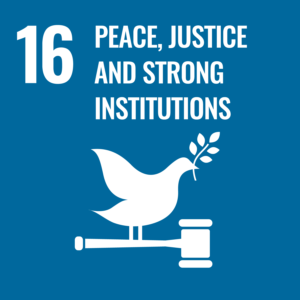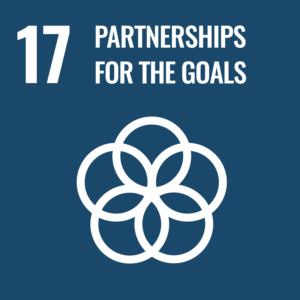Since its inception in 2022, a groundbreaking research project led by a senior student at The British University in Egypt (BUE) has been exploring an innovative approach to recycling electronic waste. Unlike conventional methods that rely on harmful chemical separation, this project focuses on remelting the metallic components of e-waste, offering a more environmentally friendly solution.
The initiative, continuing through the 2024-2025 academic year, has already made significant strides. The first phase of the laboratory proof of concept has been successfully completed, resulting in one publication, with two additional papers currently under review. The project has also expanded to include collaboration with other students, researchers, and academic staff, further strengthening its research potential.
The ultimate aim of this project is to design a prototype for a pilot production line tailored to the needs of the Egyptian community. This design, once implemented, could be applied nationwide, helping Egypt address the growing challenge of Waste Electrical and Electronic Equipment (WEEE). The goal is to develop green, cost-effective, and technically optimized engineering solutions for recycling WEEE, minimizing the associated risks in this sensitive industry.
Beyond its research outcomes, which include publications and proposals seeking funding, the project is poised to expand further, integrating social awareness initiatives and extracurricular activities for students. This combination of technical innovation and community engagement marks an important step toward sustainable waste management in Egypt.




